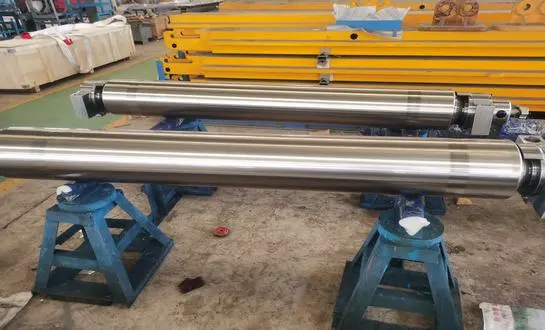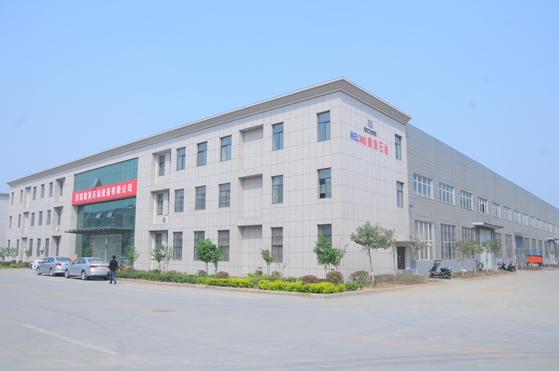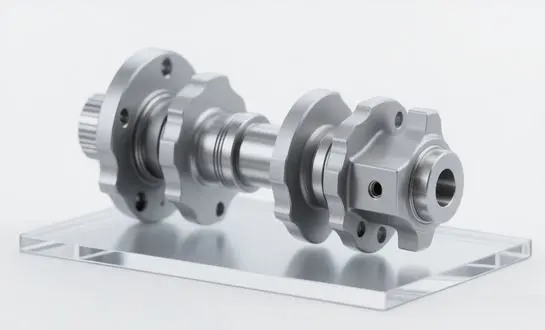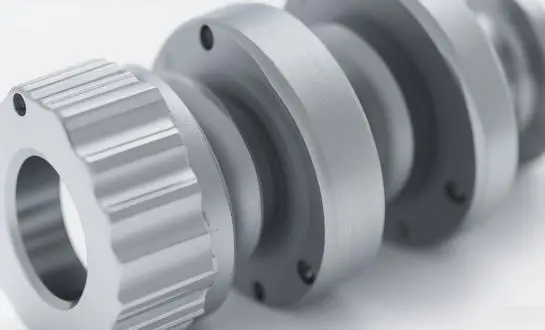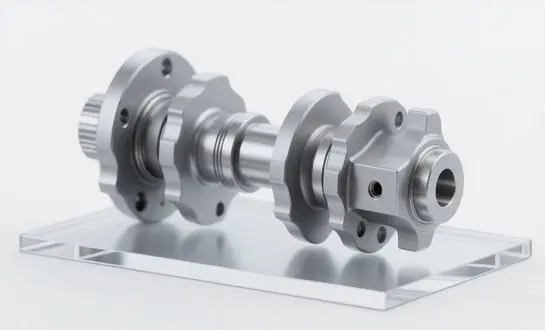Mill Rollers: What You Should Know
Before diving into the questions, it's essential to understand the fundamental aspects of Rolling Mill Rolls. These precision-engineered components are the backbone of metal processing operations, responsible for shaping and refining metal sheets and profiles to meet specific dimensional and surface quality requirements.
The Role of Rolling Mill Rolls in Metal Processing
Rolling Mill Rolls are used in various industries, including steel manufacturing, automotive, construction, and electrical sectors. They apply controlled pressure to metal workpieces, reducing their thickness and improving their properties. The performance of these rolls directly impacts the quality and efficiency of the rolling process.
Key Characteristics of High-Quality Mill Rolls
Superior Rolling Mill Rolls are characterized by their durability, precision, and ability to maintain consistent performance under demanding conditions. They are typically made from high-grade materials such as forged steel or alloyed cast iron, engineered to withstand the extreme pressures and temperatures encountered in rolling operations.
10 Questions You Should Ask Your Supplier Before Buying
To ensure you're getting the best Rolling Mill Rolls for your specific needs, consider asking your supplier the following questions:
1. What materials do you use in manufacturing your Rolling Mill Rolls?
Understanding the material composition is crucial as it affects the roll's performance, durability, and suitability for specific applications. High-quality rolls are often made from carbon steel, structural steel, or specialized alloys designed for optimal performance in rolling operations.
2. What manufacturing processes do you employ?
The manufacturing process significantly influences the quality and characteristics of the final product. Ask about techniques such as forging, machining, welding, and assembly to gain insights into the precision and care taken in producing the rolls.
3. What quality control measures do you have in place?
Rigorous quality control is essential to ensure consistent performance and reliability. Inquire about inspection methods such as chemical composition analysis, dimensional inspection, dynamic balance testing, ultrasonic testing, and visual inspection.
4. Can you provide customized solutions for specific rolling requirements?
Every rolling operation has unique needs. A supplier's ability to offer customized rolls tailored to your specific parameters can be a significant advantage in optimizing your production process.
5. What industry standards and certifications do your products meet?
Compliance with industry standards such as ANSI, ASTM, ASME, DIN, and GB demonstrates a commitment to quality and reliability. Additionally, certifications like ISO 9001:2015 indicate adherence to rigorous quality management systems.
6. What is the typical lead time for your Rolling Mill Rolls?
Understanding the production and delivery timeline is crucial for planning your operations and maintaining a smooth production flow. A supplier with efficient processes and reliable delivery can help prevent costly downtime.
7. What kind of technical support and after-sales service do you offer?
Comprehensive support, including installation guidance, maintenance recommendations, and prompt issue resolution, can significantly enhance the value and longevity of your investment in Rolling Mill Rolls.
8. Can you provide references or case studies from similar applications?
Insights from other customers in similar industries can offer valuable perspective on the supplier's reliability, product quality, and overall performance.
9. What are your warranty terms and conditions?
A robust warranty policy demonstrates the supplier's confidence in their product quality and their commitment to customer satisfaction. Understanding the warranty coverage can help you assess the long-term value of your investment.
10. How do you handle repairs and replacements?
Efficient repair and replacement processes are crucial for minimizing downtime in case of unexpected issues. Understanding the supplier's approach to these situations can help you evaluate their reliability as a long-term partner.
How to Choose the Right Rolling Mill Roll Supplier
Selecting the ideal supplier for your Rolling Mill Rolls involves more than just comparing prices. It requires a comprehensive evaluation of various factors to ensure you're partnering with a company that can meet your needs both now and in the future.
Evaluating Technical Expertise and Industry Experience
Look for suppliers with a proven track record in the industry. Their experience and technical knowledge can be invaluable in providing solutions that address your specific challenges and requirements. A supplier well-versed in the intricacies of metal processing can offer insights that go beyond just selling a product.
Assessing Manufacturing Capabilities and Quality Assurance
Investigate the supplier's manufacturing facilities and quality control processes. Advanced machinery like CNC vertical lathes, horizontal lathes, and grinding machines, coupled with rigorous testing procedures, are indicators of a commitment to producing high-quality Rolling Mill Rolls.
Considering Long-Term Partnership Potential
Choose a supplier who views the relationship as a partnership rather than a one-time transaction. Look for companies that offer ongoing support, are responsive to your needs, and demonstrate a commitment to continuous improvement and innovation in their products and services.
Finally, choosing the right Rolling Mill Roll supplier is an important decision that will have a significant impact on your metal processing operations. By asking these top ten questions and carefully evaluating potential suppliers, you can make an informed decision that improves both production efficiency and product quality. Remember, the right supplier is not just a vendor, but a partner in your success. If you have any further questions about Rolling Mill Rolls or need expert advice on selecting the right solution for your needs, don't hesitate to reach out to us at oiltools15@welongpost.com. At Welong, we're committed to providing high-quality Rolling Mill Rolls and comprehensive support to ensure your metal processing operations run smoothly and efficiently.
